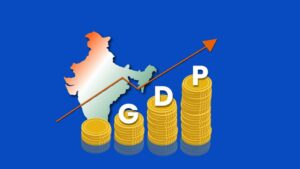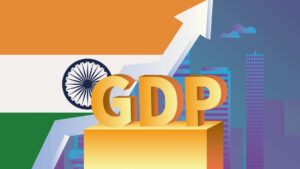So the Fitch Ratings has downgraded the US government’s credit rating from top AAA to AA+ amidst concerns over the country’s ability to handle its finances and debt burden. Sounds strange, isn’t it? Another factor in influencing Fitch’s decision is that it expects the US economy to slip into “mild recession” in the last three months of this year and early next year. The agency pointed out the recent debt ceiling crisis as an example. However, the cut will have little impact as the US still holds the highest possible rating, deemed conducive for investments.
In its observation the Fitch states that there has been a steady deterioration in standards of governance over the last 20 years, including on fiscal and debt matters. It said that the US appeared to suffer from an ‘erosion of governance’. Yes, in 20 years. So why the agency waited so long when it knew there was some issue. This is the second time in the nation’s history that US’ credit rating has been cut. Earlier another credit rating agency, Standard & Poor’s has reduced the US’s rating from the top AAA status to AA+ in 2011.
As was expected, Treasury Secretary Janet Yellen disagreed with Fitch’s assessment. She said: “the downgrade is arbitrary and it was based on outdated data from the period 2018 to 2020. Treasury securities remain the world’s preeminent safe and liquid asset, and the American economy is fundamentally strong.” Former US Secretary of the Treasury Larry Summers also joined her and said that “United States faces serious long-run fiscal challenges but the decision of a credit rating agency, as the economy looks stronger than expected, to downgrade the United States is bizarre and inept.”
Fitch had indicated in May that it could remove the government’s triple-A rating after Congress again struggled to raise the borrowing limit. A week later, a deal was reached that suspended the limit and cut about $1.5 trillion from the government deficit over the next decade.
However, Fitch cited the worsening political divisions around spending and tax policy as a key reason for its decision. But let us accept the fact that when it comes to sovereign debt, rating agencies have no inside information. So except making a banner headline this observation is not likely to have any long-term effect on the world economy.





















